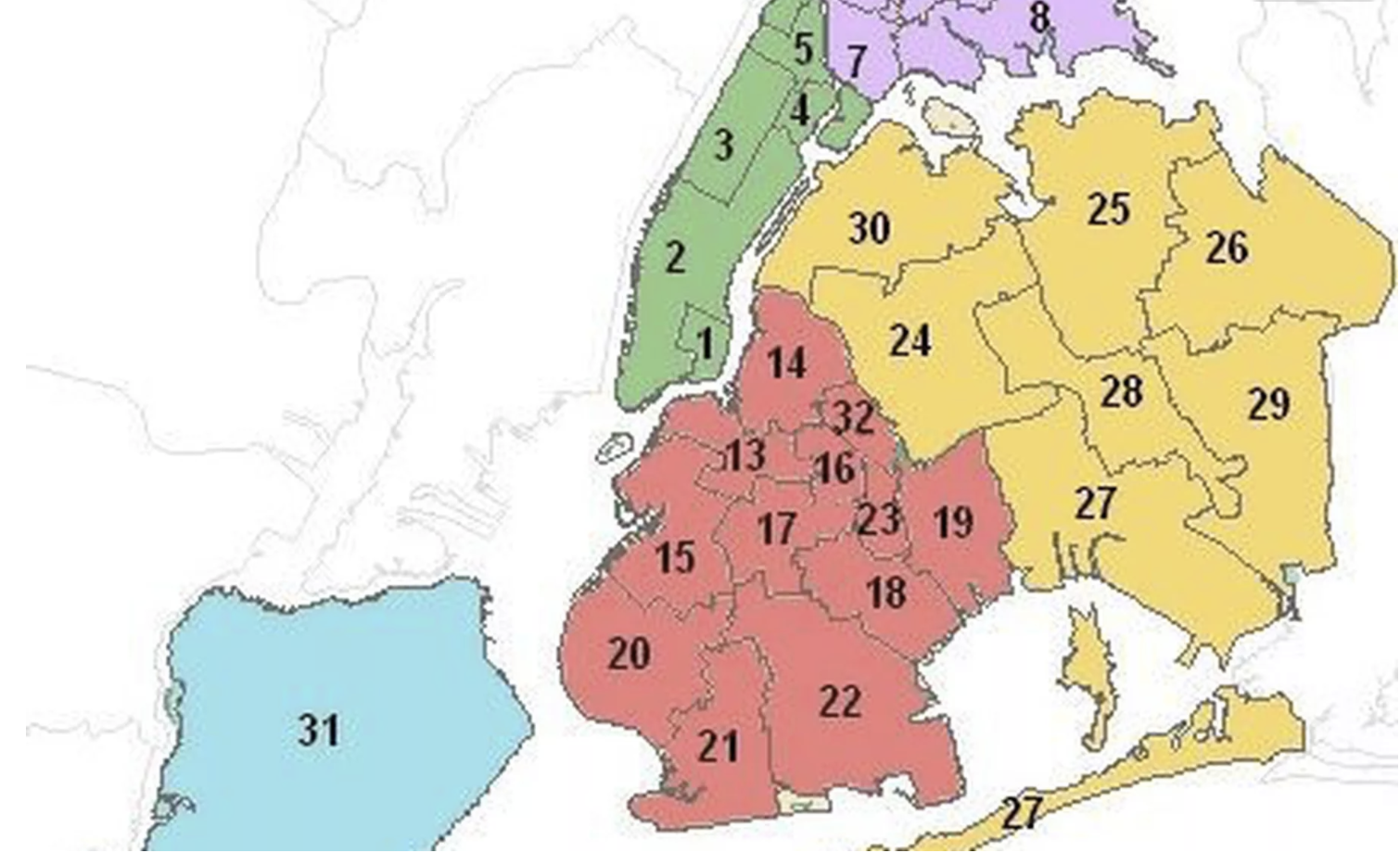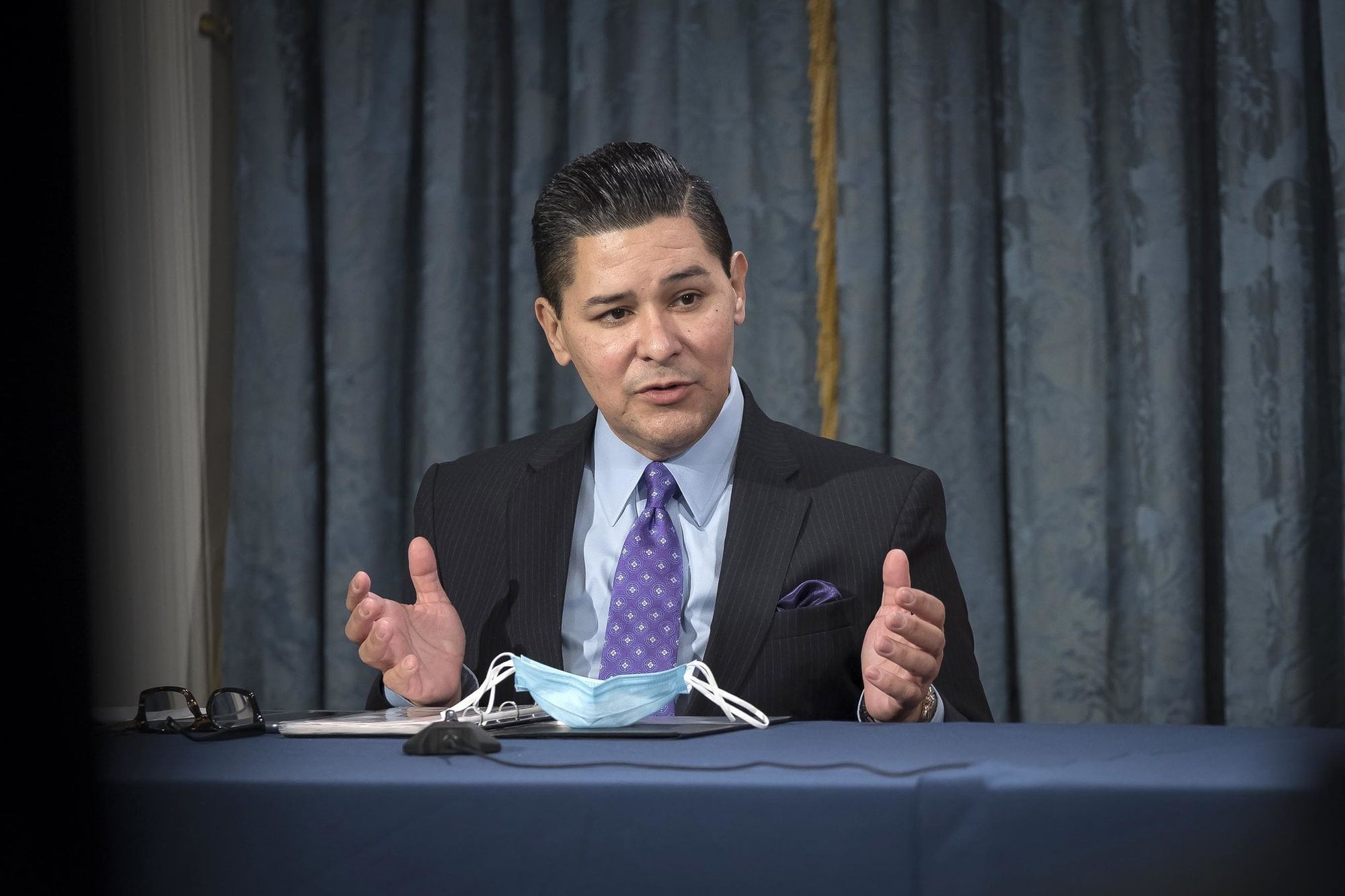Southern Brooklyn Parents React To Ending of Gifted & Talented Screenings

When it was announced Monday afternoon that the Department of Education (DOE)’s Gifted and Talented (G&T) exams would cease after this school year, many parents were outraged, particularly those who live or have children attending schools in Southern Brooklyn.
Carrie, a single mom who’s son attends a G&T program in the area, was one of them.
“This can be my breaking point,” says Carrie, who asked her last name and the school her son attends to not be used for this article for privacy reasons. “COVID has been a nightmare; it’s been devastating. And then this happens. Because of the school, it’s finally the right fit for him. How much more can be taken away?”

Support for specialized and screened education options has historically been strong in Southern Brooklyn. Its three school districts – 20, 21, and 22 – have many schools with the G&T programs, and account for almost a quarter of kids admitted to the city’s eight specialized high schools. D20 has eight schools with G&T programs, including the Brooklyn School of Inquiry, a K – 8 Citywide G&T school in Bensonhurst/Gravesend. D21 has three, and D22 has five.
Some members of the districts’ CECs (Community Education Councils) strongly support the programs.
“I personally think that G&T program is one of the few possibilities for many families of all races, religious beliefs, and socio-economic status to have an opportunity for their children to receive education in accordance with their children’s needs,” Natalia Yuvacheva, the Second Vice President and ELL member of CEC22, which covers the neighborhoods of Sheepshead Bay, Mill Basin, Midwood, and parts of Ditmas Park, wrote in an emailed statement.
“I spoke with families who do not have the privilege to attend private school or to live in zip codes where many high performing schools are concentrated, and many of these families expressed to me their support for this program.”
Late last night, CEC20, which covers Bay Ridge, Dyker Heights, and parts of Sunset Park and Bensonhurst, passed a resolution calling for Mayor de Blasio and Chancellor Carranza to rescind canceling the G&T programs after this school year. The resolution explains that the lack “of transparency in this decision during a pandemic is irresponsible, and does not take into account the needs of all students in District 20.”
The resolution also calls for the programs to stay “until a well-defined and well disseminated replacement is presented to parents across the city and successfully implemented by the incoming Mayor and Chancellor.”
“The city announces all this nonsense, saying ‘trust us on this’,” says CEC20 member Vito LaBella, who was one of the sponsors of the resolution. “I support these programs as a way to decrease inequity for Black and Brown communities.”

Javeria, a life-long Sheepshead Bay parent who attended G&T programs herself while growing up, says Chancellor Carranza seems to think everyone in the programs is from the Upper West Side.
“I grew up in the projects with a single mom,” she says. “There were five kids, and we were smart. We’re all college grads and doing well.”
Javeria, who also asked her name to be changed for privacy concerns, has children who also are, and were, in the G&T programs. Her eldest son attended Brooklyn Latin and is now at Penn State.
“The Chancellor is deciding Asian students are not diverse,” Javeria says. “He thinks they have wealth, which they don’t. They don’t have fancy cars, big-screen TVs, there’s no vacations. There’s no recognition of the socio-economic diversity these kids have.”
Carrie agrees, saying the students in the G&T programs are not understood.
“It’s like they think they’re just rich white kids whose parents test-prepped them. As if there’s a magic, special advantage, and it bothers me,” she says, explaining that her son started to read at age 3 on his own. “He needed to be with kids like him. Regular teachers can’t work with kids like this.”
Both Carrie and Javeria point out that such changes the Mayor and the Chancellor are doing during a pandemic are not needed. Javeria wonders why the DOE is not more concerned about the technical issues that have arisen under remote learning.
“Kids have wonky ipads that can’t access Google classroom, we don’t teach digital literacy and parents were thrown into this,” she says. “Out of all of this insanity, THIS is what you’re focused on? It’s like they’re going to snap their fingers during a pandemic, and make changes just for headlines.”
Both Carrie and LaBella wonder why the DOE isn’t expanding the enrichment programs. LaBella says he would like to see an International Baccalaureate-style of program in every school.
“If gatekeeping is a problem,” he says. “Let everyone who wants to try it, try it.”
LaBella, Javeria, and Carrie are resting their hopes on the next Mayor who will make changes to the DOE, with Javeria hoping whoever wins the mayoral election will replace Carranza.
“The next mayor needs to understand,” says Carrie. “That every child is unique. They need to see kids as different types of kids with different needs. They [the current administration] don’t see the gifted and talented as special needs who need a special education.”
“It’s really up to the next Mayor,” LaBella says. “Every single mayoral candidate will have to answer about these issues.”



